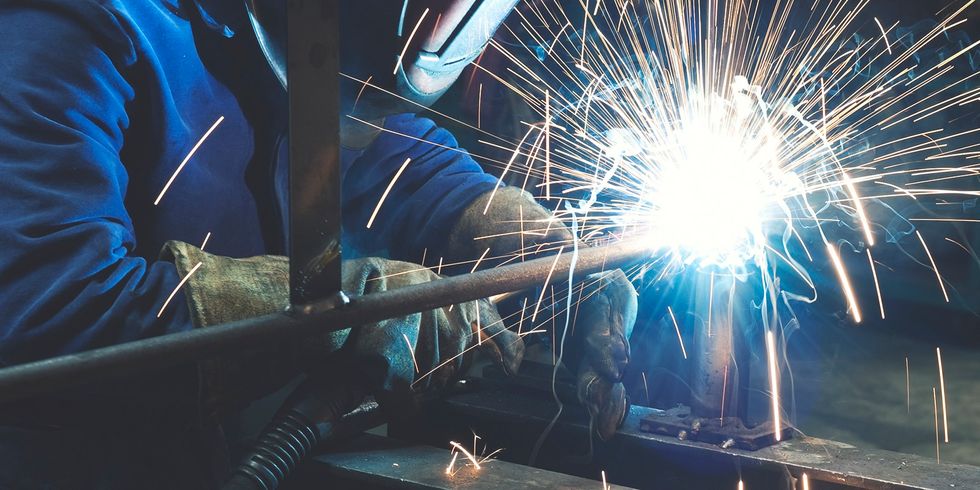At the core of the American dream is a philosophy of grit. Since the USA’s inception, industry has been a critical issue. The Declaration of Independence, the Civil War, the Space Race – all centered around industry and work.
Generally, “work” is used synonymously with “job.” Jobs, however, are on the precipice of a cloudy, possibly frightening future. Rampant fear that robots will replace humans, leaving many citizens unemployed and purposeless, pervades the media and academia. While some dismiss these fears as fantastical, there is evidence that jobs are declining. The share of economic output paid in wages has fallen steadily since the 1980’s and now stands at its lowest point ever. Further, the labor force participation rate has decayed from 67.1 percent in 2000 to 62.8 percent in 2016. Both of these trends suggest that jobs might begin to disappear rapidly.
Expert economists have little consensus on this issue. Leading MIT labor economist David Autor maintains that jobs will remain vital in the economy. Others, like his colleague Andrew McAfee, argue that jobs will grow scarce in the next generation. The question for the quotidian citizen is “will I have a job in the future?” In Autor’s world, the answer is yes. But let us suppose McAfee turns out to be correct – what will the future of work look like?
In a lovely article, Derek Thompson proposes three possible futures if a robot revolution radically shifts the modern economy.
1. The Leisure Life.
A robot revolution would destroy work as we know it. Instead of viewing the end of normal labor as apocalyptic, “post-workists” suggest that we invite the end of labor. In its wake, the revolution would leave a community-focused, almost monastic society. The new economy would have completely different rules. Instead of operating in scarcity, people would live in abundance. Under this framework, people will not need to work; rather, policies such as a basic income would provide for people’s needs.
This type of future seems unlikely. First, psychology suggests that people need to work. Second, it’s difficult to conceive of robots stealing all jobs in an economy - who would keep the robots functioning? Finally, political theorist John Locke, way back in 1690, predicted that even in an economy of abundance, people will still work.
2. The Patchwork Proletariat.
As jobs die out, workers will be forced to seek out niche employment opportunities. This work will contrast from the standard nine-to-five of today’s economy. Rather, the future looks like patchwork employment strewn across various jobs in abnormal hours. Uber is a darling example of this – hours are on drivers' own terms and the work is arbitrary and highly variable. As standard jobs dwindle, a swath of Uber-like companies will arise.
3. The Artisan Awakening.
A third future predicts that in the face of the loss of standard jobs, industry will return to the arts. Artisans focused on self-expression will dominate the market. Rather than holding long-term jobs, people will participate in a gig economy centered on bursts of artistic projects, similar to how Hollywood currently functions. Technology might destroy the modern labor makeup, but new jobs will emerge to fill the void.
In sum, these three futures are relatively benign. The media consistently serves doomsday images in the labor market forecast, but even if jobs peter, they leave soothing opportunities in their place: opportunities for more rest, more flexibility and more art. Our conception of “normal” jobs might remain for decades to come, but even if it flickers into a memory, it will prepare the way for an equally fulfilling future.






















